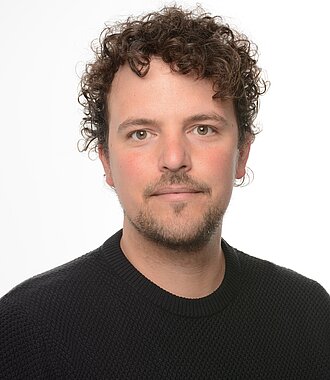Lukas Eble

Lukas Eble is a researcher at the Professorship for Adult Education at University of Duisburg-Essen. His core expertise are societal-critical and social psychological theories and approaches in Educational Science and Adult Education.
His current research focuses on the conceptualisation of solidarity in adult education from the perspective of the philosophy of practice.
CG1: Adult learning and education for all?! Issues of inclusion with regard to disability in the limelight
Co-Moderator: Prof. Silke Schreiber-Barsch
The ideology of social inclusion represents one of adult education’s leading leitmotifs, claiming to provide education for all—and especially for some across adult education’s histories worldwide. However, in particular since the mid-2000s, due to e.g. the UN Convention on the Rights of Persons with Disabilities (2006), inclusion as terminology and conceptual approach has increasingly been used to focus on the context of disability and impairment. This has strongly intensified the quest for a better accessibility to adult learning and education (ALE). Yet, what learning means in the context of disability/impairment, how it is framed in a nation-state architecture and in ALE institutional settings, and how it is experienced in a certain geographical place and at a given time are very likely to vary.
Taking this as a point of departure, the comparative group will elaborate commonalities and differences of accessibility to ALE. Disability/impairment will serve as the main lens of analysis; nonetheless, intersections with further categories will also be considered according to the multi-layered features of inclusive adult education (Schreiber-Barsch & Rule 2021, 553). Whereas students are welcomed to focus their analysis on the micro-level of accessibility to ALE, practitioners enrich the comparative group with their unique knowledge and experience with regard to the meso-level of institutional settings and strategies of accessibility.
The outcome foresees a deeper understanding of the buzzword inclusion, an extended knowledge on analysing the multi-dimensional concept of inclusive adult education through a comparative lens and a widened experience on strategies of institutional accessibility.


